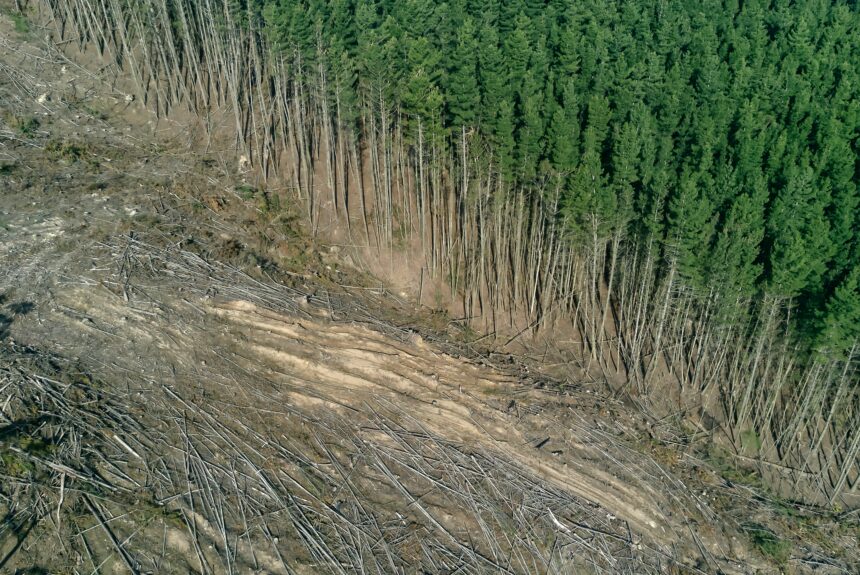Tackling deforestation is a priority for world leaders, and the European Union is no exception. At the COP26 climate conference in Glasgow, Scotland in November 2021, leaders from all four corners of the globe committed to an ambitious plan to put a stop to deforestation – and reverse past deforestation – by 2030. Already, the plan is behind schedule. Not to worry, though – the European Union has come up with a bold new idea which, it claims, will put us back on track.
>>>READ: How Fossil Fuels Saved Our Forests
The new EU law is called the Due Diligence Proposal. It aims to hold companies more accountable for deforestation in their supply chains. It has been hailed by some campaigners as a step forward on deforestation. Unfortunately, the way it singles out some products and industries is short-sighted and unhelpful.
The Due Diligence Proposal is myopic and fundamentally flawed. It seeks to address deforestation by rooting out unsustainable practices in supply chains and then cracking down on the imports of those who don’t work hard enough. It names and shames some industries (beef, cocoa, palm oil and others) rather than taking a holistic approach.
Suspiciously, the EU has a track record of singling out palm oil (which is imported from Malaysia and Indonesia) for particular scrutiny, while largely ignoring other vegetable oils like rapeseed and olive (which are produced in Europe) even though they are less land-efficient, and cause more deforestation. Other oils sometimes need as much as ten times more land to yield the same amount of product. The EU’s decision appears to be shameless market intervention to safeguard local industries from foreign competitors, under the guise of protecting the planet.
The EU’s approach to this issue also risks elevating food prices at a time when Europeans can least afford it. By cutting off local manufacturers from foreign ingredients, Brussels will force many to resort to costlier alternatives which will increase prices for consumers. During an inflation and cost-of-living crisis where the prices of essential goods are already skyrocketing, that seems unwise in the extreme.
>>>READ: Green Interchange is Reforesting Tennessee One Tree at a Time
Europe is providing a helpful example of what not to do about deforestation. Rather than arbitrarily meddling in the market, the role of the state should be to provide incentives for sustainable practices, and nothing more. In some cases, such as that of palm oil, even state-set incentives are not necessary – the public demand for sustainability is so strong that remarkable steps forward in green innovation are taking place organically anyway.
Unfortunately, the Due Diligence Proposal is an example of virtue-signaling triumphing over policy outcomes. If the European Commission’s true priority was minimizing deforestation, it would have taken a much more in-depth look at what is causing trees to be cut down in huge numbers around the world. It would have been discovered that palm oil is, in fact, the most land-efficient vegetable oil, so cracking down on palm oil imports will not do anything to help tackle deforestation.
Politicians owe it to us to be honest and upfront about how their policies will achieve their stated aims. In our globalized world where free trade means supply chains are more interconnected than ever before, we all rely on each other and decisions like this in Europe can have a domino effect on the rest of the world. As a result, when a powerful regulatory body like the European Commission makes a poorly considered intervention in the market which threatens to drive prices up even faster and worsen our impact on the planet, the whole world suffers. To truly tackle deforestation, we will have to work together constructively – the EU’s Due Diligence Proposal does not take us any closer to that goal.
Jason Reed is a writer and broadcaster on politics and policy for a wide range of outlets. Follow him on Twitter @JasonReed624
The views and opinions expressed are those of the author’s and do not necessarily reflect the official policy or position of C3.
